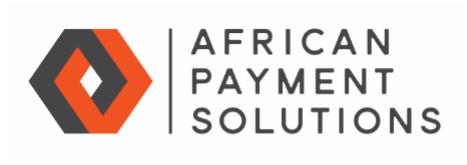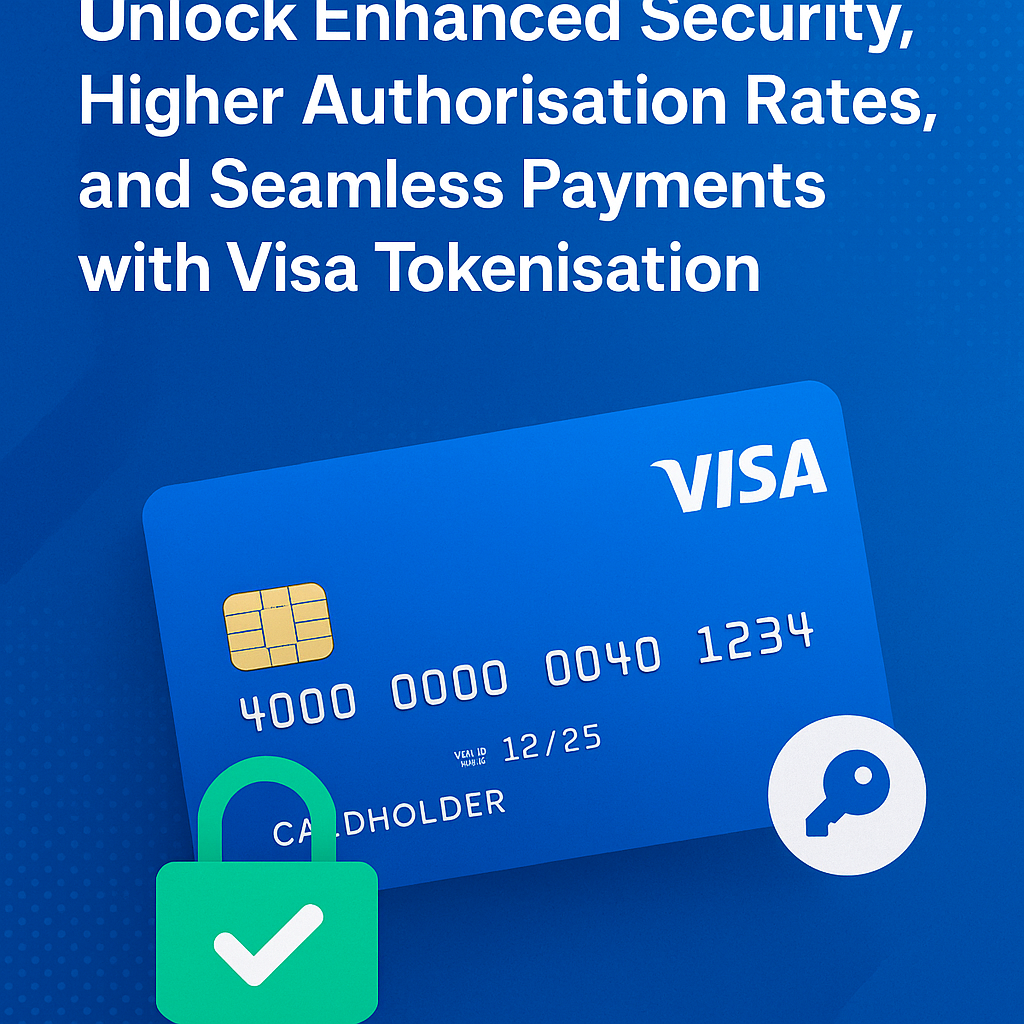Are you looking for ways to boost your revenue, enhance customer experience, and fortify your payment security? Visa tokenisation, as highlighted in our recent discussions and supported by compelling data, offers significant advantages for high-volume merchants like yourselves.
Here’s how Visa tokenisation can benefit eCommerce businesses like Amazon, DHL, Takealot, Betway, Mr D, Turnstay, Bash, Makro, and Superbalist:
- Significantly Reduce Fraud: Tokenisation replaces sensitive card details (PAN) with a unique digital identifier (token). This means that even if there’s a data breach, the actual card numbers are not exposed, dramatically lowering your risk of fraud and protecting your customers’ data. Studies show that network tokenisation can reduce fraud by an average of 28%. Visa has also seen an average of a 30 percent reduction in online fraud with token-based transactions versus PAN.
- Increase Authorisation Rates and Capture More Sales: Transactions using tokens have consistently shown higher authorisation rates compared to traditional card payments. Visa data indicates an average authorisation rate lift of 3% for Card-not-Present (CNP) transactions using tokens. Bolt, a leading mobility platform, experienced a significant increase in authorisation rates, from 90.8% for PAN to 95.9% for token transactions. This means fewer failed transactions and more successful sales, directly impacting your bottom line.
- Deliver a Seamless and Frictionless Checkout Experience: Tokenisation contributes to a smoother and faster payment process. Once a customer’s card is tokenised, subsequent purchases or recurring payments can be processed more seamlessly as they don’t need to re-enter their full card details. This reduces cart abandonment caused by payment issues, which can account for nearly 50% of all cart abandonment in Europe.
- Effortless Card Updates for Continuous Service: Visa’s Account Updater Suite, integrated with tokenisation, ensures that customer payment details are automatically and securely updated when cards expire or are replaced. For businesses with subscription models or card-on-file services, this means fewer interruptions in service and reduced lost revenue due to outdated payment information.
- Reduce PCI DSS Compliance Burden and Costs: By utilising tokens instead of storing actual card numbers, your business can potentially reduce its Payment Card Industry Data Security Standard (PCI DSS) compliance scope and associated costs. This allows you to focus more resources on your core business activities.
- Future-Proof Your Payment Infrastructure: Tokenisation is the future of payments, with the industry moving towards a token-first ecosystem. By adopting tokenisation now, you are positioning your business at the forefront of payment innovation and ensuring compatibility with emerging payment methods.
- Avoid Potential Fines and Encourage Tokenisation Adoption: Visa is introducing behavioural fines for PAN transactions to encourage the adoption of tokenisation. By implementing tokenisation, you can help your acquirers avoid these fees and ensure cost-effective payment processing.
- Enhance Card-on-File Functionality: For businesses that rely on card-on-file for repeat purchases (like online retailers and delivery services), tokenisation is essential for providing a secure and convenient experience for your returning customers.
- Leverage Network Tokens for Broader Compatibility: Network tokens, generated by payment networks like Visa, are not specific to a single processor, offering greater flexibility and interoperability across the payments ecosystem.
- Simplify Token Management with Visa Solutions: Visa’s Token Management Service (TMS) provides a brand-agnostic solution to help you maximise the benefits of network tokenisation, regardless of your current infrastructure. TMS can even link tokens from different card brands, offering a unified view of customer transactions.
Leading businesses like Bolt have already seen significant benefits from implementing Visa Token Services, including higher authorisation rates and improved fraud prevention. By embracing Visa tokenisation, your business can also unlock additional revenue, enhance security, and create a superior payment experience for your customers.
We re live with Visa tokenisation which can be seamlessly integrated into your existing systems and provide a competitive edge in the digital marketplace.





